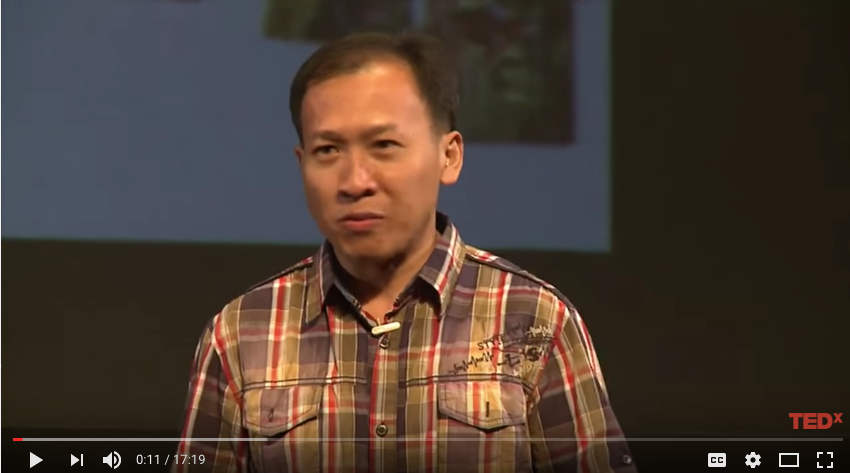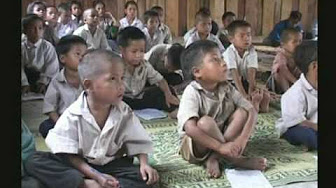This Land is Whose Land? Dispossession, Resistance and Reform in the United States
Food First Backgrounder, Spring 2014, Vol. 20, No. 1
Introduction: Land, Race and the Agrarian Crisis
The disastrous effects of widespread land grabbing and land concentration sweeping the globe do not affect all farmers equally. The degree of vulnerability to these threats is highest for smallholders, women and people of color—the ones who grow, harvest, process and prepare most of the world’s food.







